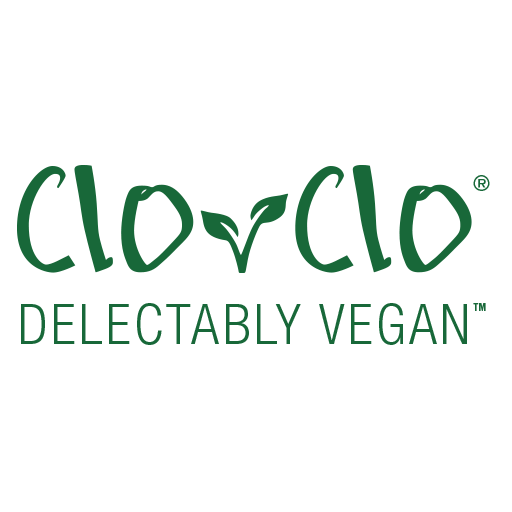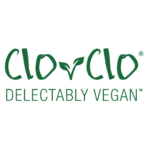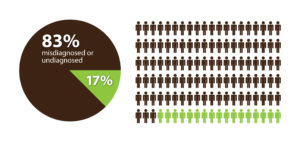What is a Gluten-Free Diet?
According to the Mayo Clinic, a gluten-free diet is a diet that excludes the protein gluten. Gluten is found in grains such as wheat, barley, rye, and a cross between wheat and rye called triticale.
A gluten-free diet is essential for managing signs and symptoms of celiac disease and other medical conditions associated with gluten. A gluten-free diet is, however, popular among people without gluten-related medical, conditions. The claimed benefits of the diet are improved health, weight loss, and increased energy. Most clinical studies regarding gluten-free diets have been conducted with people who have celiac disease. Therefore, there is little clinical evidence about the health benefits of a gluten-free diet in the general population.
Removing gluten from your diet likely changes your overall intake of fiber, vitamins and other nutrients. Therefore, regardless of your reasons for following a gluten-free diet, it’s important to know how it can affect your overall nutritional needs.




 According to Beyond Celiac (
According to Beyond Celiac (